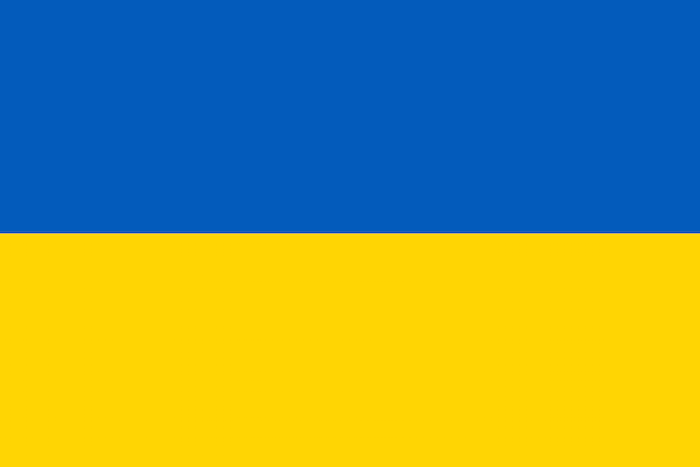It’s most evident with TV news, on front page newspaper headlines, in the amount of social postings, that the media in the West has lost its earlier, urgent focus.
Crucial stories from journalists on the front line in Ukraine have been replaced with accounts of Westerners unable to cope with the soaring cost of living – record highs in fuel and food. These are perceived as priorities for consumers world-wide.
It’s easy to exaggerate the global drop in attention to the devastation of Ukraine. But Ukraine’s determined resistance of the Russian invasion has lasted so long, stories of Russian atrocities and war crimes have been so frequent that deliberate acts of barbarism have come and gone from the news of the day.
The war has turned into a complex quagmire. In the West, the outrage and defiance that once were so acute seem to have subsided into submission. The angry mass protests have waned. The spontaneous display of solidarity with Ukraine has been muted. Social media output has slowed. The heartrending accounts of desperate women and children seeking a safe haven rarely appear.
Ukrainians must not only beat an overwhelming onslaught on the battlefield, but also fight the increasing complacency of Westerners. Observers have concluded that the average Westerner is becoming weary of the necessity of continuing the war. And this is where the danger lies.
The dominating narrative at the start of the invasion was the failure of Putin to assess the steadfastness of Ukrainians to repel his troops. On the eve of the attack, he foresaw a victorious Russian blitzkrieg, abetted by an emotional capitulation by Ukrainians and the West vacillating in disunity.
Instead, the West was shaken out of any complacency by Ukraine’s single-minded determination to repel any onslaught. NATO and the EU quickly mustered political support and action, if not in complete unison, but enough for the Kremlin to suffer its worst nightmare – the expansion of the Alliance to include Sweden and Finland.
It seems the West agrees that the war will be a lengthy, protracted battle of attrition, with no clear denouement in sight. This works to benefit Putin who’s relying on the West to lose focus, which in itself undermines the West’s continued willingness to aid Ukraine.
The sanctions announced by the West in the early weeks of the war were packaged with naïve confidence that Russian aggression will be repelled, if not militarily, then surely economically. These claims were stated not only by politicians but also by financial experts and media pundits, albeit with the caveat that they will take time. To date, in spite of the sanctions, Russia is ramping up its killing machine.
Putin is counting on Western tolerance for a protracted confrontation being low and anticipating the West to de-escalate. He wants the conflict to vanish from NATO’s political radar.
The proposals of territorial concessions as an incentive for Moscow to end the attacks poses a clear future danger for the Baltic states, Poland and quite possibly the Balkans. Even though a recognized expert on international political dynamics such as Henry Kissinger has suggested throwing him a bone, it’s simply too late to supply Putin a fake victory, one that guards him from humiliation and save face .
At home he maintains respect through fear. Internationally, his bullying has backfired. World-wide, his disgrace is nearly complete.
The question still remains: How to keep our attention pointed to Russia’s brutal offensive? Some parallels do exist between maintaining Western interest in the Soviet-occupied Baltic states for 50 years and convincing current governments and media of the vital importance in defending the sovereignty and territorial integrity of war-torn Ukraine.
The urgency of post-WWII appeals for freedom for Latvia, Lithuania and Estonia inevitably dissipated over five decades until Gorbachev reluctantly relaxed the suppression of Baltic freedom-fighters. Already by 1987, public demonstrations for outright independence drew intimidation, but not full force KGB repression.
Western media took note, Western activists were galvanized into action and pro-independence movements re-energized. It still took four years for the USSR to crumble, but the media and governments kept track of what was to be expected.
The similarities: Both Gorbachev and Putin made grave miscalculations, but Gorbachev won’t be the most despised leader in modern Western history texts.
Most importantly, it was the light in the tunnel, the possibility of a massive change in Soviet governance that turned Western complacency into political engagement. It’ll be the immediate upgrade in military support for the Ukrainians, that probably will reverse the reports of doom and gloom that now translate into tedium in the West.
We can do more than mourn the dead and praise Ukrainian valour. More effective battlefield technology is needed right now and we must do our part in making this urgent for the decision-makers.
Laas Leivat, Toronto




